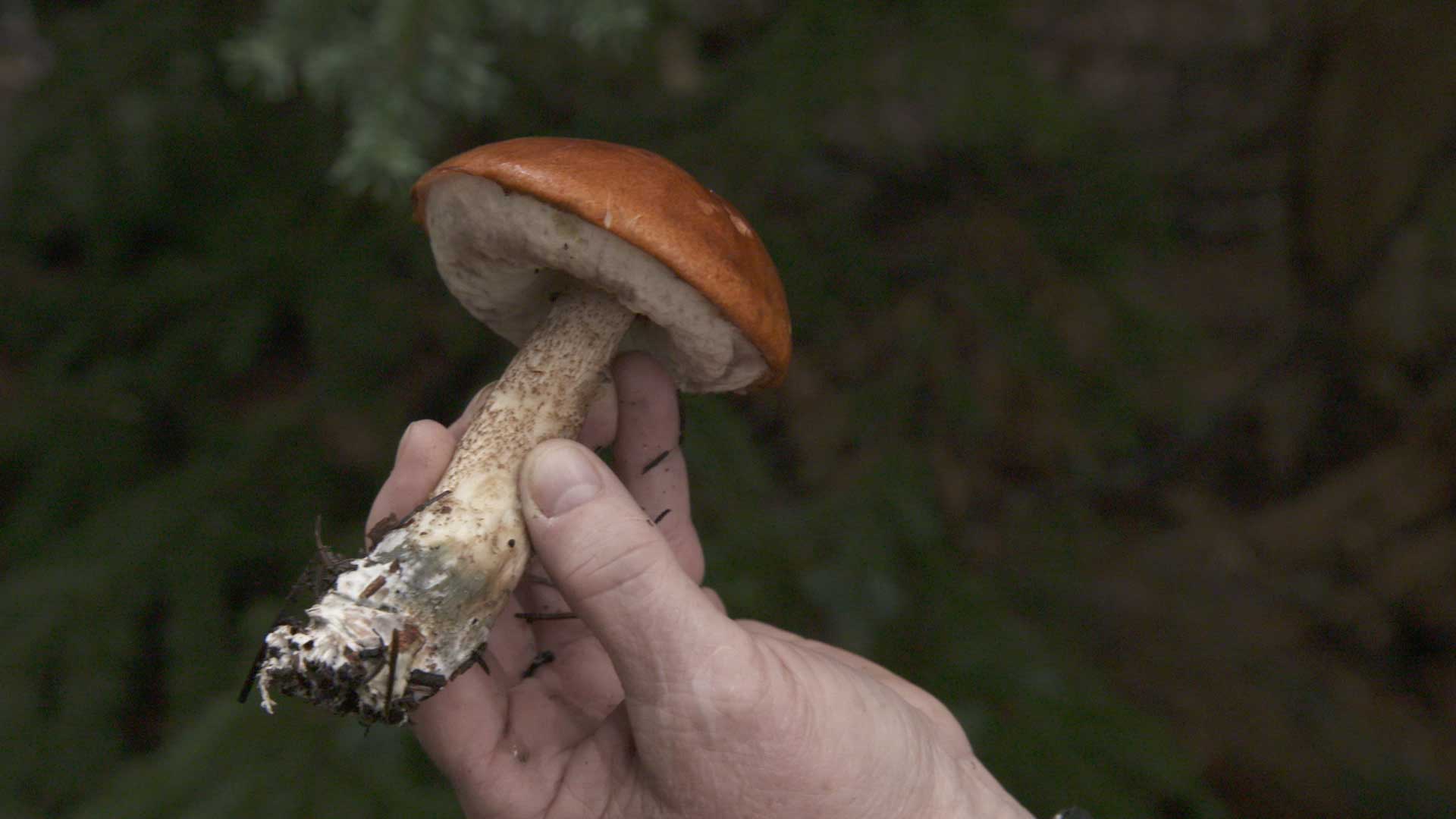 Swap in plant-based proteins for meat — try adding tofu, cashews, almonds, mushrooms or edamame.
Swap in plant-based proteins for meat — try adding tofu, cashews, almonds, mushrooms or edamame.
Each week, people in the U.S. eat the equivalent of three burgers' worth of beef.
That's according to Richard Waite, a senior research associate in the food program at the World Resources Institute. But if Americans could reduce that consumption by half, it could have a major impact on creating a more sustainable food system, according to projections from WRI.
That's because meat production is hard on the environment: It requires a lot of land to raise cattle — and globally, many forests are being cleared to make room for those animals. Deforestation releases lots of heat-trapping carbon dioxide that had been stored in the trees into the environment. And cows themselves release a lot of methane, a powerful greenhouse gas, in the form of burps.
If people in the U.S. and other heavy meat-eating countries could cut back their beef consumption down to just 1.5 burgers a week, "it would actually make it possible to feed 10 billion people by 2050 without any further deforestation," says Waite.
How to cut back on meat
To curb your diet's environmental impact and fight climate change, you could go vegetarian or vegan — but you don't have to. It turns out, cutting back a little can have a big impact.
Experts like Waite recommend eating less of the most resource-intensive meats: goat, lamb and especially beef — the most commonly consumed of these meats. Cows "take the most land to grow and feed," he says.
If you're a meat lover, these tips and recipes can help you dial back your meat intake — and explore new flavors you might really enjoy:
Don't start from scratch
"I always tell people to start by adding to the familiar foods that they're already making," says Tracye McQuirter, a public health nutritionist and author. Having stir-fry? Swap in plant-based proteins for meat — try adding tofu, cashews, almonds, mushrooms or edamame.
Consider frozen and bulk foods
If you're shopping on a budget, McQuirter suggests cutting costs by buying beans and nuts in bulk and shopping for frozen vegetables, which she says are "just as nutritious" as fresh.
Spices are your friend
Spices and seasonings can go a long way in bringing the flavors you love into your food. "If you love Thai, if you love Ethiopian, if you love Caribbean [food]— keep those spices on hand as well," she says.
Eat the rainbow
Try to have at least three colors on your plate at a time. "They each reflect specific nutrients and antioxidants — cancer-fighting agents — in your food," says McQuirter. "The way that you really know that you're getting the nutrients that you need on a plant-based diet is just by having variety. So don't focus on the day, focus on the week, and just have a variety of grains and beans and fruits and vegetables."
This story was originally published on April 28, 2021, and has been updated.
Climate change is affecting our food, and our food is affecting the climate. NPR is dedicating a week to stories and conversations about the search for solutions.

By submitting your comments, you hereby give AZPM the right to post your comments and potentially use them in any other form of media operated by this institution.